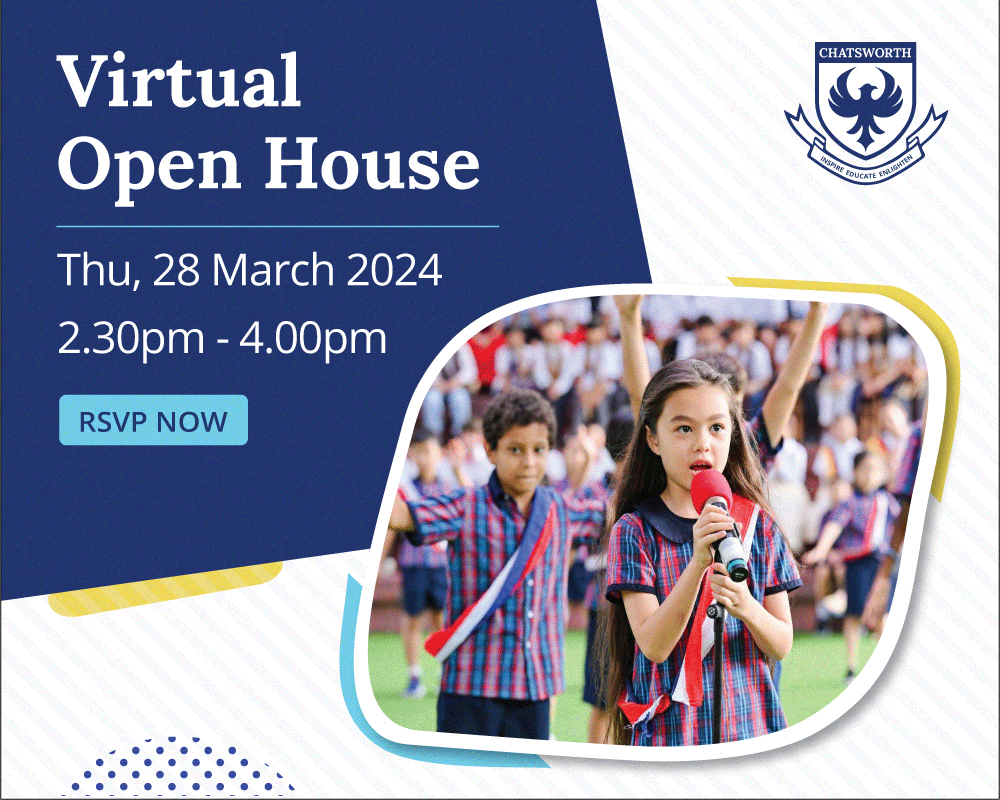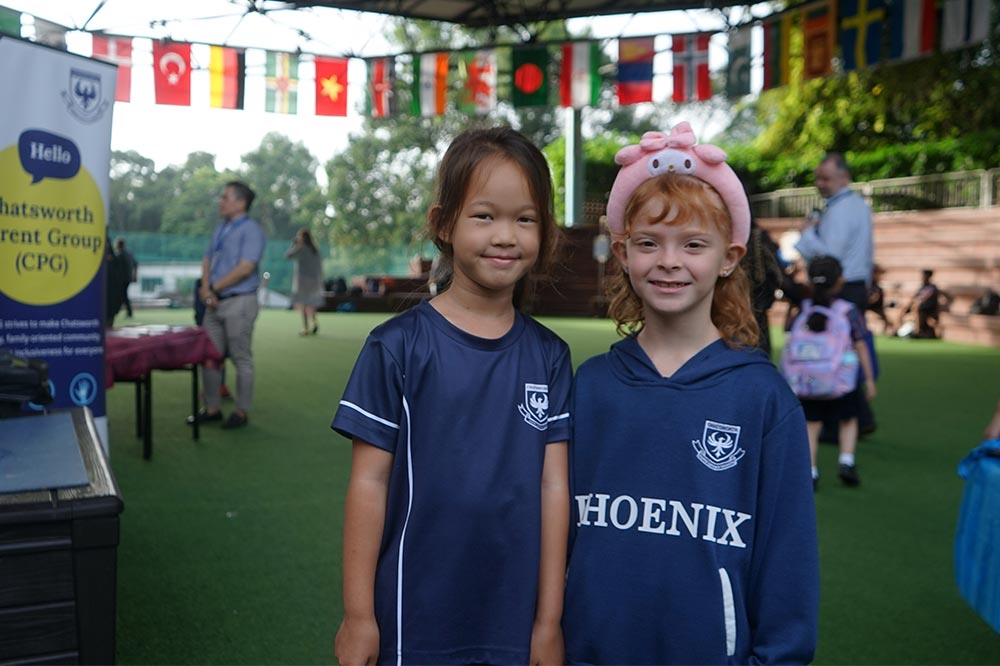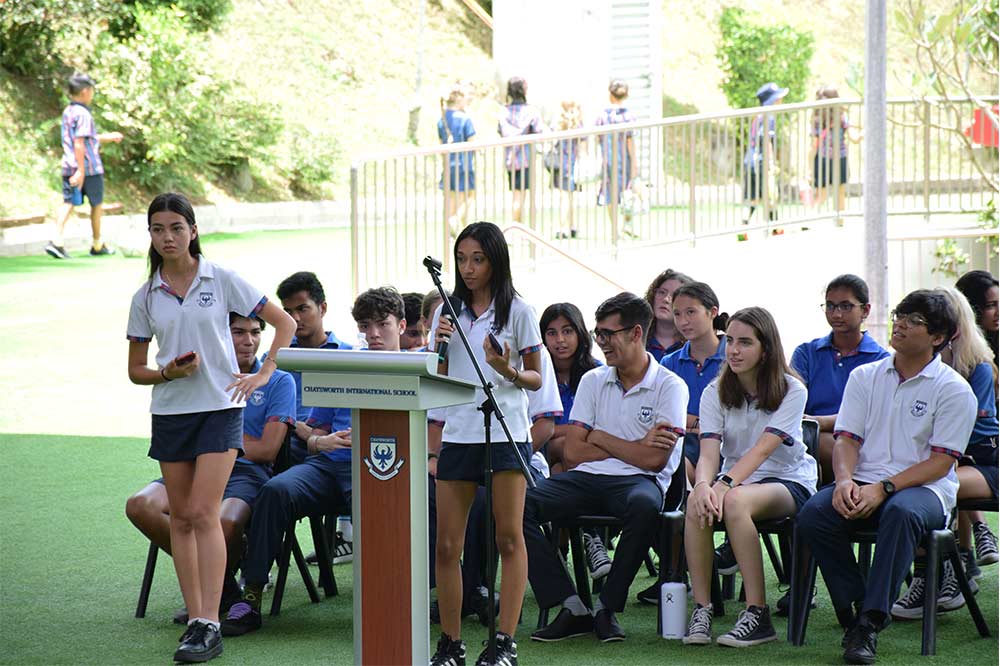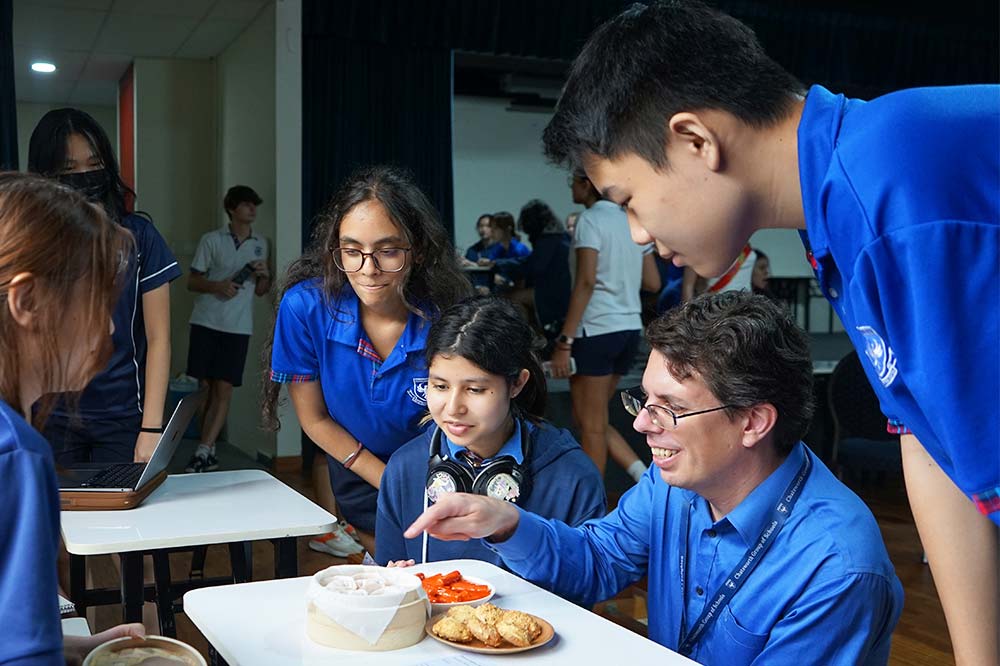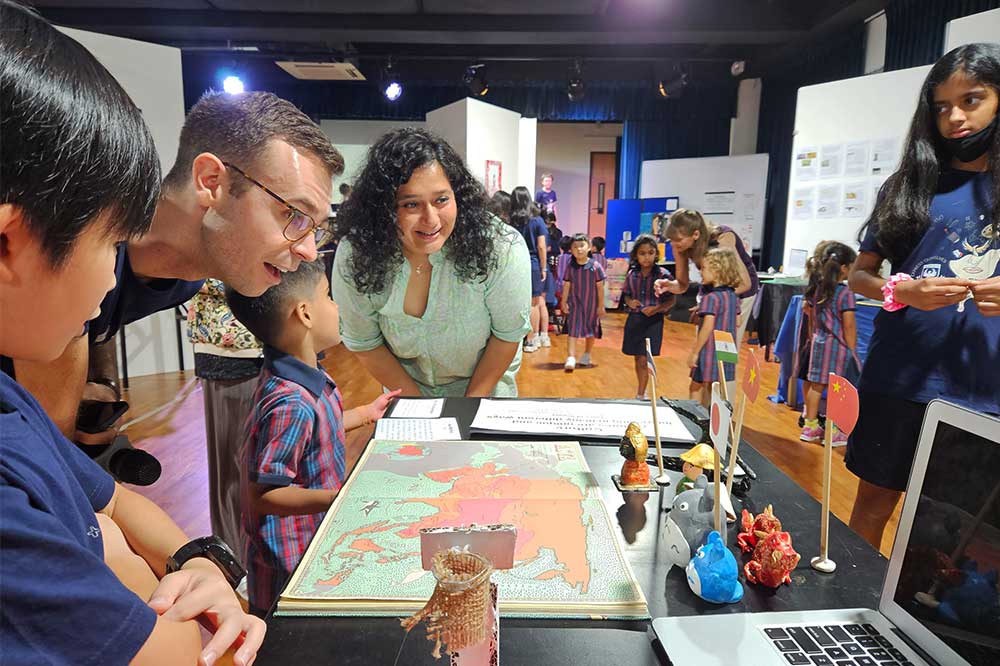A Glimpse Into the Future of Education
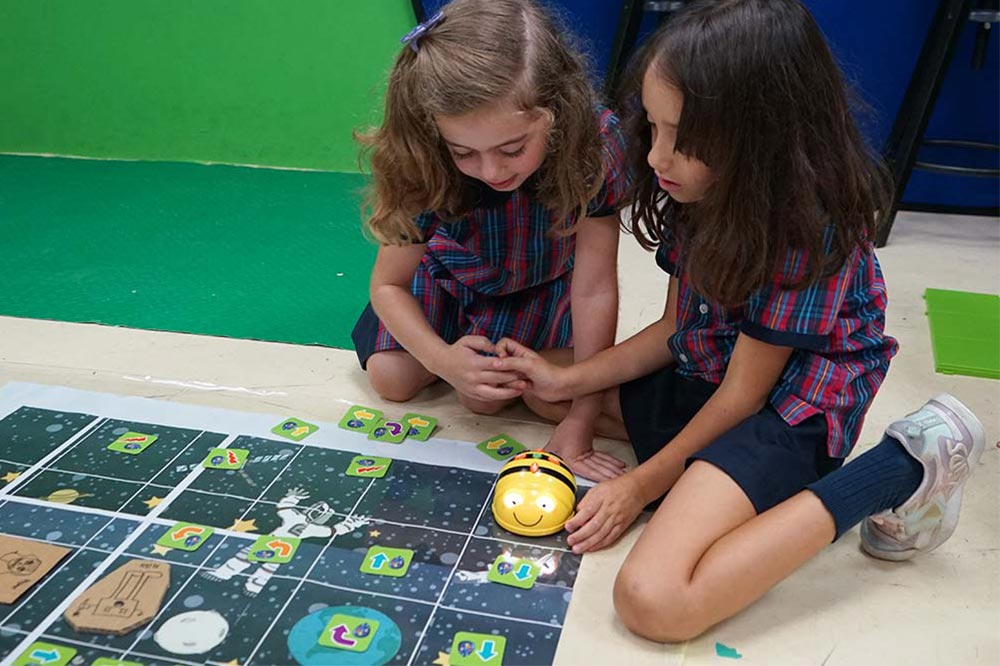
In an era dominated by rapid technological advancements and global interconnectedness, the very fabric of how we teach and learn is evolving at an unprecedented rate. This digital shift, combined with a diverse global community of learners, means that the landscape of education is undergoing a profound transformation.
But it's not just about integrating technology into classrooms. The curriculum, teaching methodologies, and the essence of what it means to be "educated" are all being redefined. Exploring the future of education isn't a mere academic exercise; it's a necessity. It's not just pivotal for educators, policymakers, and curriculum designers but also for society at large.
As we stand on the brink of this educational renaissance, it's imperative to ensure that we equip future generations with the future-ready skills they'll need to navigate, contribute to, and thrive in a world in constant flux.
Trends and Innovations in Education
Today's classrooms are becoming incubators for tomorrow's innovations. Here's a peek into some trends that are reshaping modern learning:
Emerging Technologies: With tools like ChatGPT, virtual reality, and online learning platforms for students and educators, technology is revolutionising the classroom experience. This digital transformation ensures digital learning is more engaging, interactive, and tailored to individual needs.
Personalised Learning: Recognising that every student is unique, there's a growing emphasis on tailoring education to suit individual needs, ensuring students receive instruction optimally, bolstered by digital learning and online platforms.
Experiential and Project-Based Learning: Veering away from traditional rote learning, there's a focus on hands-on experiences. Through project-based learning, students gain practical skills and insights by addressing real-world challenges.
Challenges and Opportunities in Education
While innovation promises progress, the educational path is also riddled with challenges:
Impact of Globalisation: As the world becomes more interconnected, producing global citizens becomes a primary focus. This necessitates integrating global issues and solutions into the curriculum, ensuring students are aware of broader world contexts.
Role of Education in Addressing Global Issues: Modern learning isn't just about academic prowess; it's also about instilling values and knowledge to tackle global challenges, from climate change to social justice.
Yet, challenges pave the way for opportunities. Embracing a holistic, global perspective in education can foster empathy, collaboration, and problem-solving skills amongst students.
Predicting the Future of Education
Predicting the exact trajectory of education can be challenging, but certain themes resonate:
Preparation for a Rapidly Changing World: Workplaces of the future demand versatility. The future of education will emphasise nurturing creativity, critical thinking, adaptability, and future-ready skills.
Innovative Approaches to Teaching & Learning: With AI for kids, online learning platforms for students, and interdisciplinary subjects, students remain engaged and equipped for the modern world.
Chatsworth International School's Forward-Thinking Approach
In the heart of Singapore lies Chatsworth International School, a beacon of innovation in the ever-evolving landscape of global education. Our commitment to the International Baccalaureate (IB) programme is more than just an academic choice; it's a mission to shape well-rounded, future-ready individuals. Our students benefit from a curriculum that's not just attuned to current global standards but anticipates the demands of tomorrow.
By marrying modern learning practices with a robust foundation, we ensure that our learners are always a step ahead. And it's not just about preparing them for the challenges of the future; it's about inspiring them to become the pioneers of their generation. At Chatsworth, we don't just adapt to the future of education – we are the artisans crafting it.

